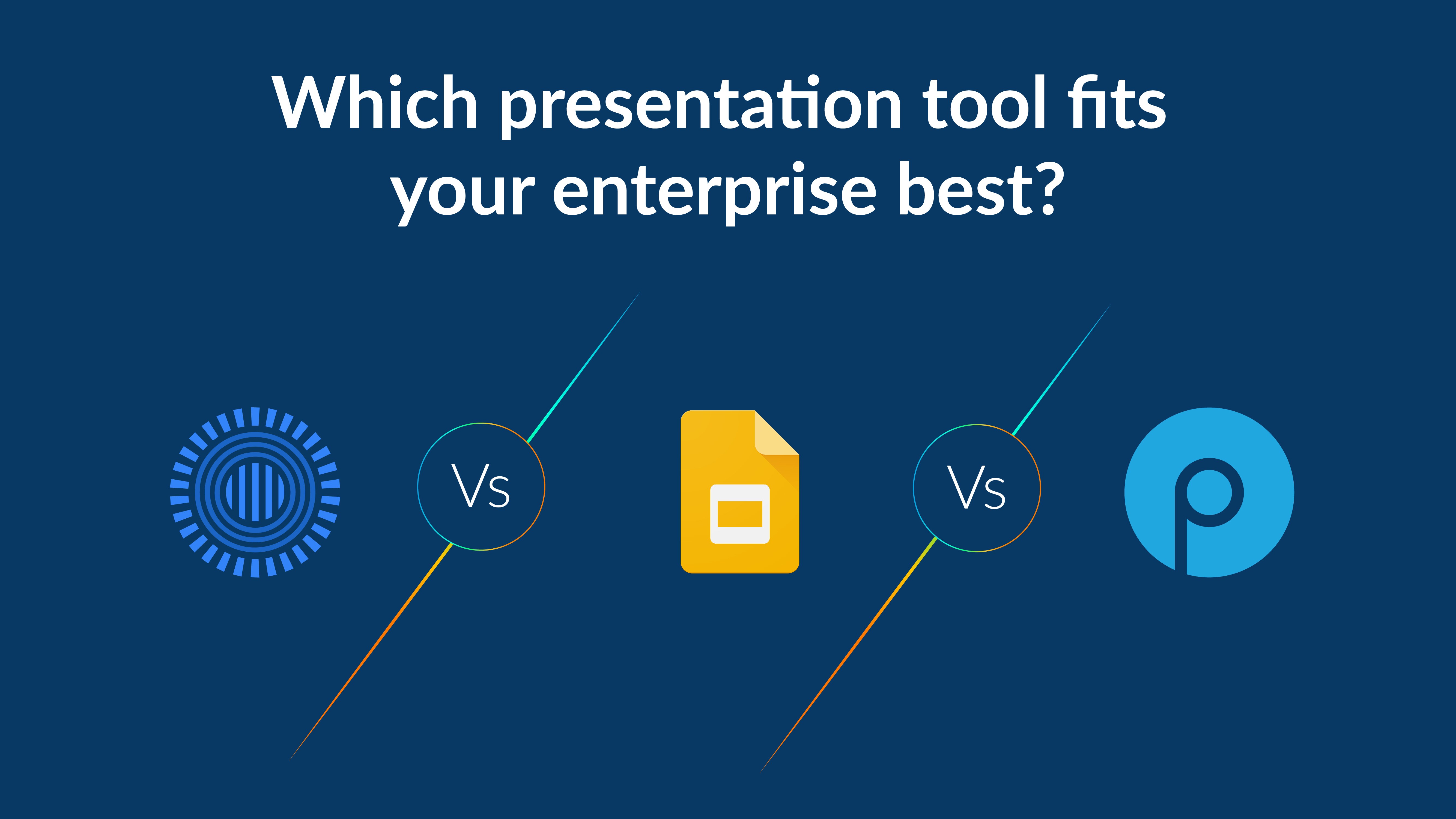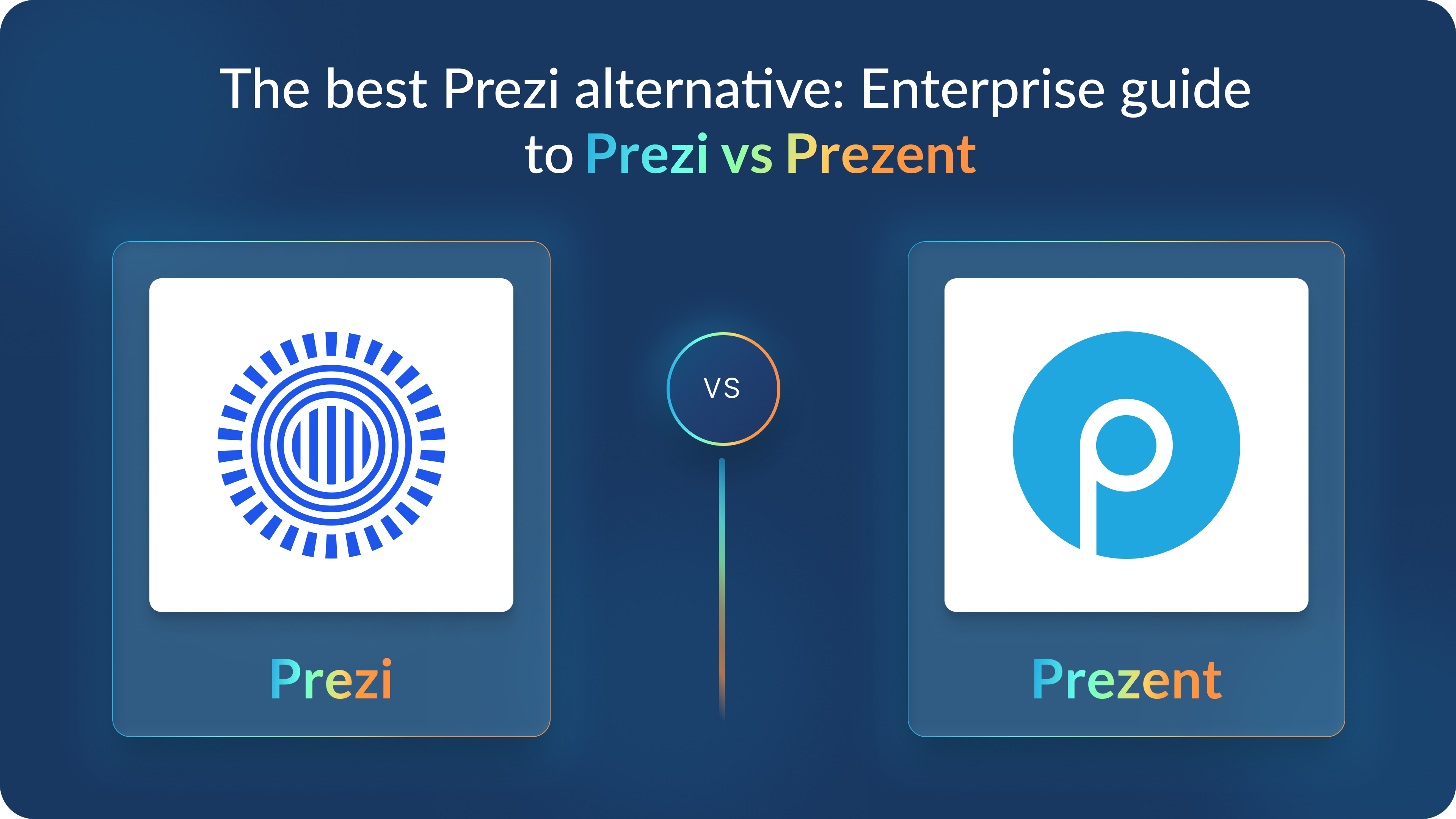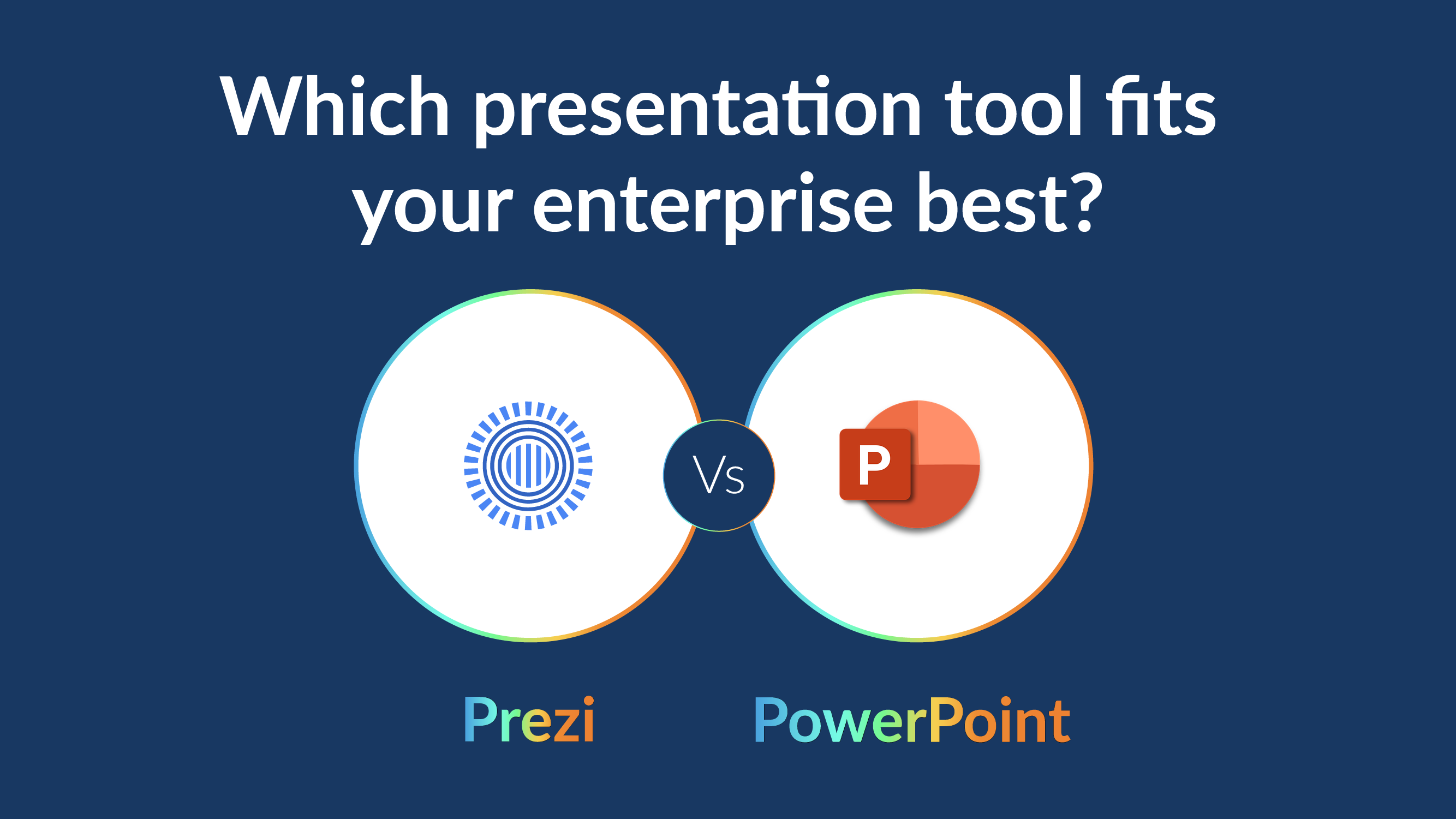11 Must-have qualities for effective leadership

Leadership is the cornerstone of success in any organization, from a small startup to a multinational corporation. Yet, the question remains: what makes a leader truly effective? Is it their ability to command authority, or is it something more nuanced? Through years of observing and studying successful leaders, it’s clear that effective leadership goes beyond mere titles or positions of power. It’s about embodying qualities that inspire, motivate, and drive others toward a shared vision. In this article, we'll look into 11 must-have qualities that define effective leadership, with practical insights and real-world examples to guide you on your leadership journey.
How to define a leadership that is effective?
Defining leadership can be challenging because it encompasses a range of skills, behaviors, and attitudes. At its core, effective leadership is about influence—guiding others toward a goal by setting an example, offering support, and fostering a positive environment. It’s not just about telling people what to do; it’s about working alongside them, understanding their strengths and weaknesses, and helping them to grow.
Effective leadership is about vision. A leader needs to have a clear idea of where they want to take their team or organization. But having a vision alone isn’t enough; an effective leader must also communicate this vision compellingly and persuasively. They must rally their team around a common goal, making everyone feel that they are a part of something bigger than themselves.
Why does effective leadership matter?
Effective leadership matters because it directly impacts the success and well-being of both the organization and its people. A study by Gallup found that companies with strong leadership are 21% more profitable than those without it. This is because good leadership boosts employee engagement, reduces turnover, and increases productivity.
But beyond the numbers, good leadership matters because it creates a work environment where people feel valued, heard, and motivated to give their best. When employees trust their leaders, they are more likely to be engaged in their work, leading to higher morale and better outcomes for the organization.
11 essential qualities of a good leader
Now that we’ve established why effective leadership is so important, let’s explore the 11 essential qualities that every great leader should possess.
1. Vision
Vision is the foundation of leadership. A visionary leader sees beyond the immediate and into the future, imagining possibilities that others may not yet see. But it’s not enough to just have a vision; a leader must also be able to articulate it in a way that resonates with others.
Consider Elon Musk, whose vision for SpaceX is not just to launch rockets but to make human life multiplanetary. This ambitious vision has inspired a new generation of engineers, scientists, and space enthusiasts to work towards what was once considered science fiction.
"Leadership is the capacity to translate vision into reality," said Warren Bennis, a pioneer in the field of leadership studies. This quote perfectly encapsulates the essence of visionary leadership. A leader’s vision becomes the guiding star that illuminates the path forward, giving the team purpose and direction.
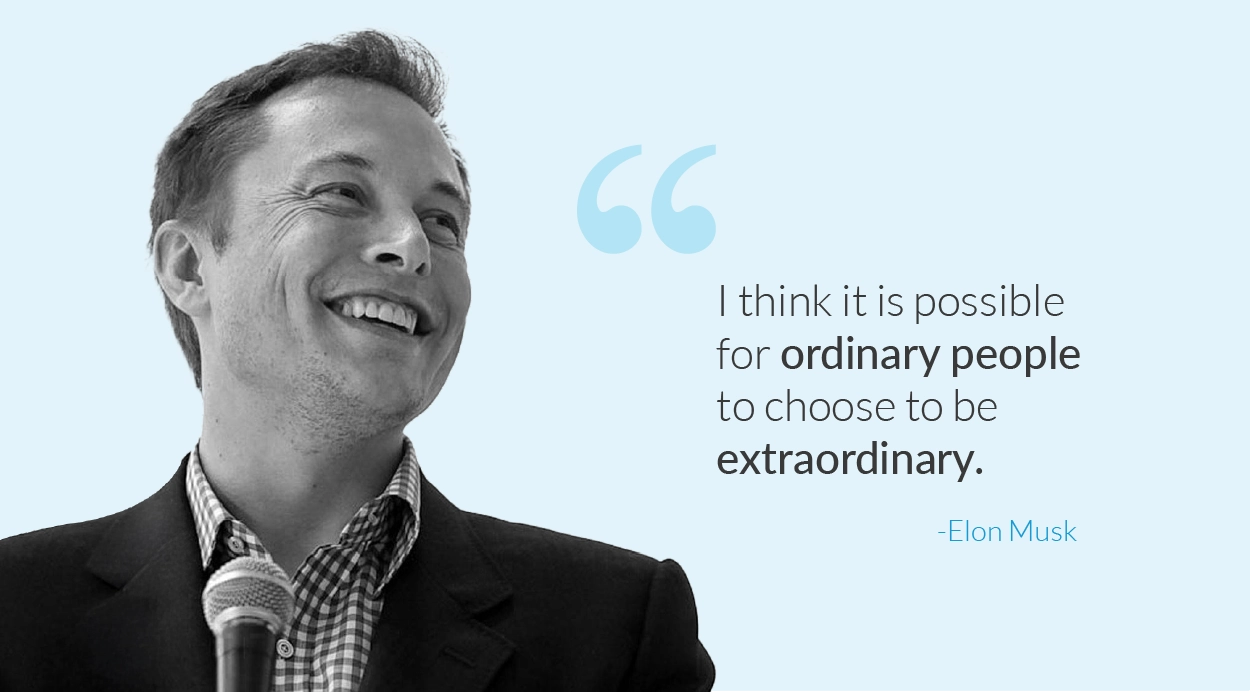
2. Communication skills
Effective communication skills are the lifeblood of leadership. Leaders need to convey their ideas, expectations, and feedback clearly and concisely. But communication isn’t just about talking; it’s equally about listening. A great leader listens to their team’s concerns, ideas, and feedback, making them feel valued and understood.
Take the example of Abraham Lincoln, known for his ability to communicate effectively during one of the most challenging periods in American history. Lincoln's Gettysburg Address, though brief, profoundly impacted the nation, encapsulating the principles of liberty and equality. His ability to communicate his vision for the nation helped to unite a divided country.
Good communication also involves transparency. Leaders who are open and honest with their teams build trust, which is the cornerstone of any successful relationship. As Jack Welch, the former CEO of General Electric, once said, "When you are candid with people, you can be much more constructive in your conversations."
3. Empathy
Empathy in communication is the ability to understand and share the feelings of others. In leadership, empathy is about connecting with people on a human level. It’s recognizing that your team members are individuals with their own challenges, hopes, and fears.
One of the best examples of empathetic leadership is Satya Nadella, CEO of Microsoft. When Nadella took over as CEO, he shifted Microsoft’s culture from one of competition to one of empathy and collaboration. He often speaks about the importance of understanding the needs and perspectives of others, whether they are customers, employees, or partners. This empathy has transformed Microsoft into one of the most innovative and successful companies in the world.
Empathetic leaders create an environment where people feel safe to express themselves, take risks, and innovate. They are approachable, listen actively, and are responsive to the needs of their team.

4. Integrity
Integrity is the quality of being honest and having strong moral principles. It’s about doing the right thing, even when no one is watching. Leaders with integrity earn the trust and respect of their teams, which is essential for building a strong, cohesive organization.
One of the most respected leaders in history, Mahatma Gandhi, exemplified integrity. His principle of nonviolent resistance was rooted in a deep sense of ethics and morality. Gandhi’s leadership was defined by his commitment to truth and justice, and he inspired millions to follow him in the struggle for India’s independence.
In the business world, Warren Buffett is often cited as a leader with impeccable integrity. Buffett’s decision-making process is guided by a strong ethical compass, and he has consistently advocated for transparency and honesty in business practices. "It takes 20 years to build a reputation and five minutes to ruin it," Buffett famously said, highlighting the importance of integrity in leadership.
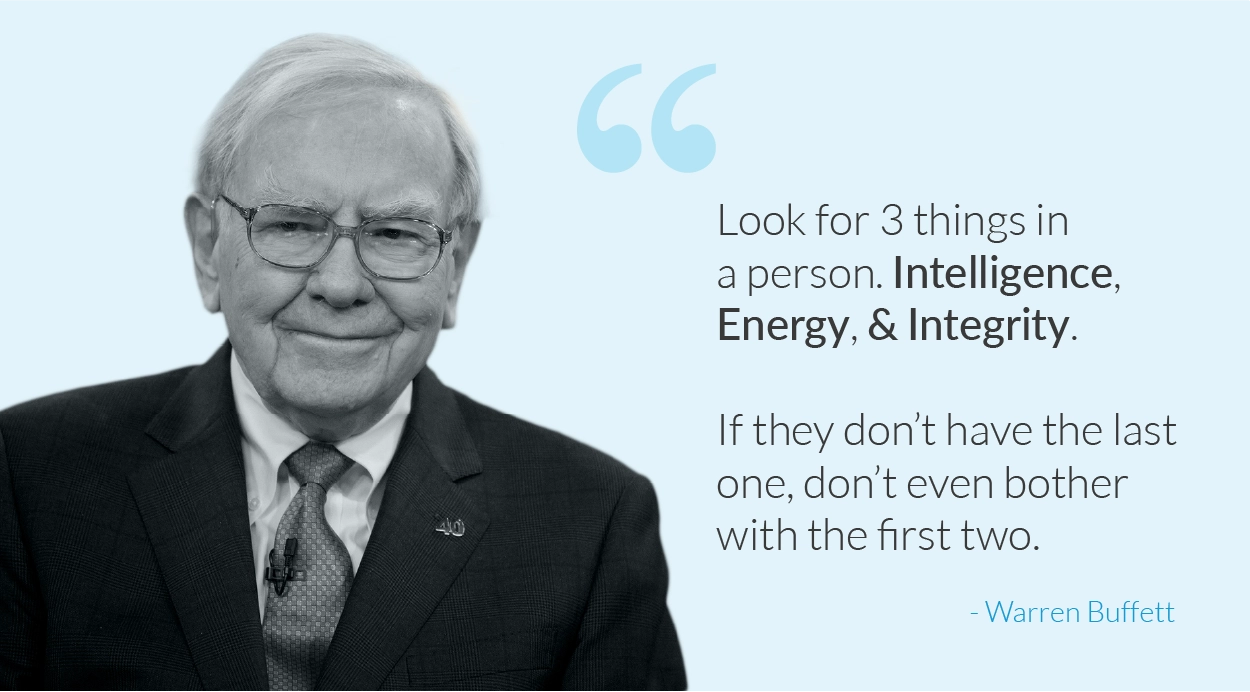
5. Decisiveness
Decisiveness is the ability to make decisions quickly and confidently. In leadership, being decisive is crucial because it drives progress and ensures that opportunities aren’t missed. A decisive leader can weigh the options, assess the risks, and make a choice that aligns with their vision.
A classic example of decisive leadership is President John F. Kennedy during the Cuban Missile Crisis. Faced with the threat of nuclear war, Kennedy made swift and decisive actions that ultimately led to a peaceful resolution. His ability to make tough decisions under pressure prevented a global catastrophe.
Decisive leaders inspire confidence in their teams because they provide clear direction and take responsibility for the outcomes of their decisions. They understand that indecision can lead to missed opportunities and can erode trust within the team.
6. Adaptability
The ability to adapt to change is a critical quality in today’s fast-paced world. Adaptable leaders are flexible and open-minded, able to pivot when circumstances change. They are not rigid in their thinking but are willing to explore new ideas and approaches.
A powerful example of adaptability in leadership is Reed Hastings, the CEO of Netflix. When Netflix started, it was a DVD rental service. However, as the market changed and streaming technology advanced, Hastings pivoted the company towards a streaming model. This adaptability has made Netflix one of the most successful entertainment companies in the world.
Adaptable leaders are also resilient. They can navigate through setbacks and challenges, learning from them and emerging stronger. In a world where change is the only constant, adaptability is a key quality for effective leadership.
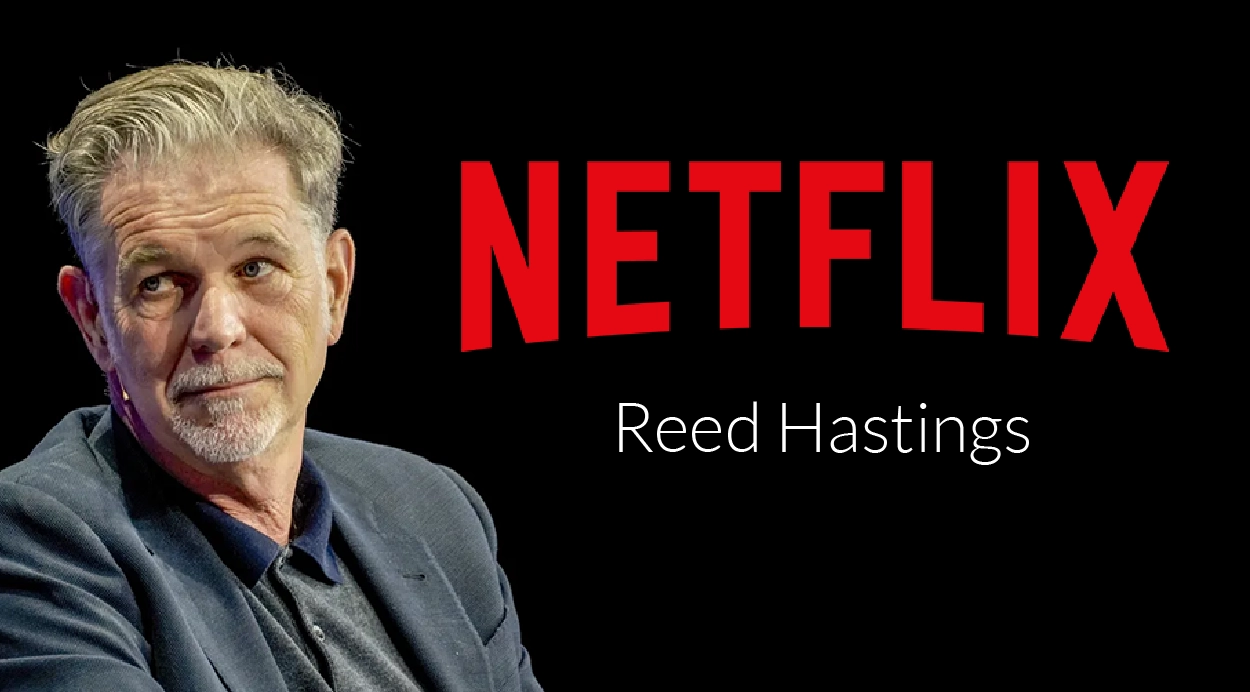
7. Accountability
Accountability is about taking responsibility for your actions and their outcomes. Effective leaders don’t pass the blame onto others when things go wrong; instead, they own up to their mistakes and work to correct them. This quality not only builds trust but also fosters a culture of responsibility within the team.
Consider the leadership of Howard Schultz, former CEO of Starbucks. When Starbucks faced challenges, Schultz took responsibility and implemented changes to improve the company. His willingness to be accountable for the company’s performance, both good and bad, earned him the respect of his employees and customers alike.
Accountability also involves holding others accountable. Effective leaders set clear expectations and follow through, ensuring that everyone on the team understands their responsibilities and the consequences of their actions.

8. Inspiration
Leaders who inspire are able to ignite passion and motivation within their teams. They lead by example, demonstrating enthusiasm and commitment to their vision. Inspirational leaders challenge their teams to reach higher, encouraging innovation and creativity.
A notable example of inspirational leadership is Oprah Winfrey. Through her talk show and various media ventures, Winfrey has inspired millions of people around the world. Her leadership is characterized by a deep belief in the power of individuals to change their lives and the world for the better.
Inspirational leaders are not just focused on the bottom line; they are driven by a higher purpose. They communicate this purpose to their teams, making them feel that their work has meaning and impact.

9. Confidence
Confidence is the belief in one’s abilities and decisions. Leaders with confidence are able to take risks, make decisions, and lead others with assurance. Confidence doesn’t mean arrogance; it’s about having the self-assurance to lead effectively while remaining open to feedback and growth.
Richard Branson, founder of the Virgin Group, is known for his confident leadership style. Branson’s confidence has allowed him to take bold risks, such as launching an airline in a highly competitive market. His belief in his vision and his ability to execute it has been a driving force behind the success of the Virgin brand.
Confident leaders inspire confidence in others. When a leader believes in themselves and their team, it creates a positive environment where people feel empowered to do their best work.
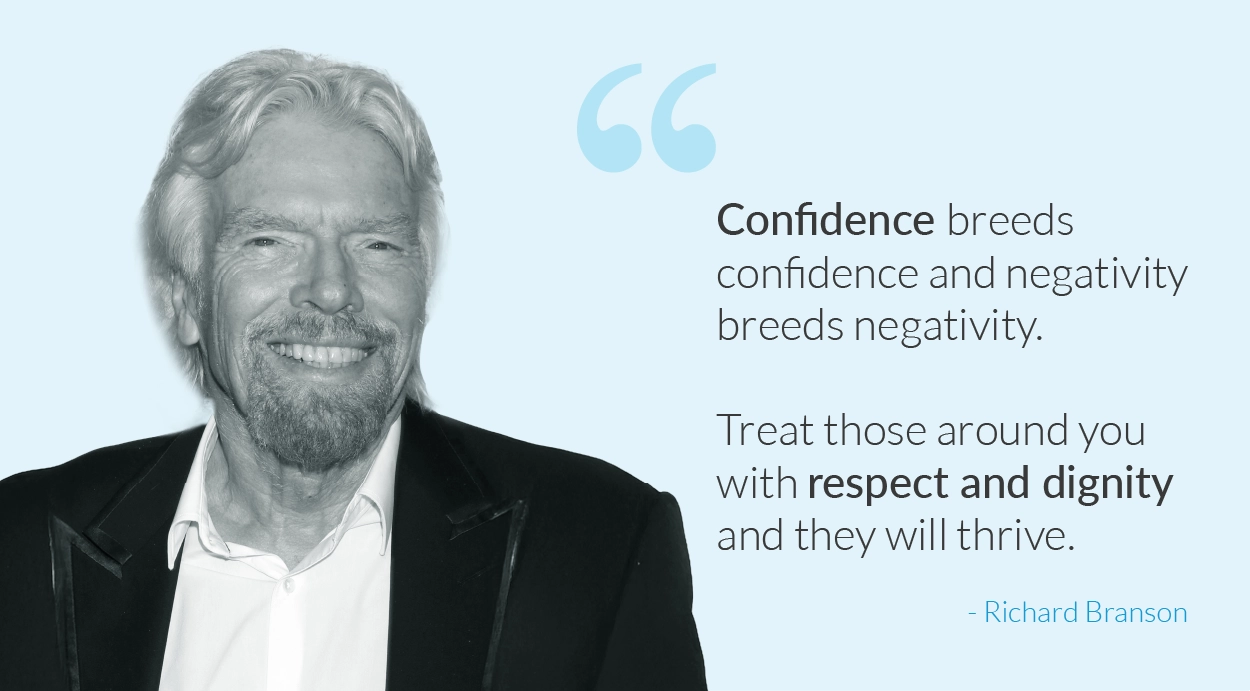
10. Delegation
Delegation is the ability to assign tasks and responsibilities to others. Effective leaders understand that they cannot do everything themselves and trust their team members to take on important tasks. Delegation not only helps to manage workload but also empowers team members to develop their skills and take ownership of their work.
A great example of effective delegation is Indra Nooyi, former CEO of PepsiCo. Nooyi was known for her ability to delegate effectively, trusting her team to execute the company’s strategy while she focused on high-level decisions. This approach not only made PepsiCo more efficient but also allowed her to nurture and develop future leaders within the organization.
Delegation is not just about handing off tasks; it’s about giving people the authority and responsibility to make decisions. Leaders who delegate effectively create a culture of trust and empowerment, where team members feel valued and motivated to contribute.
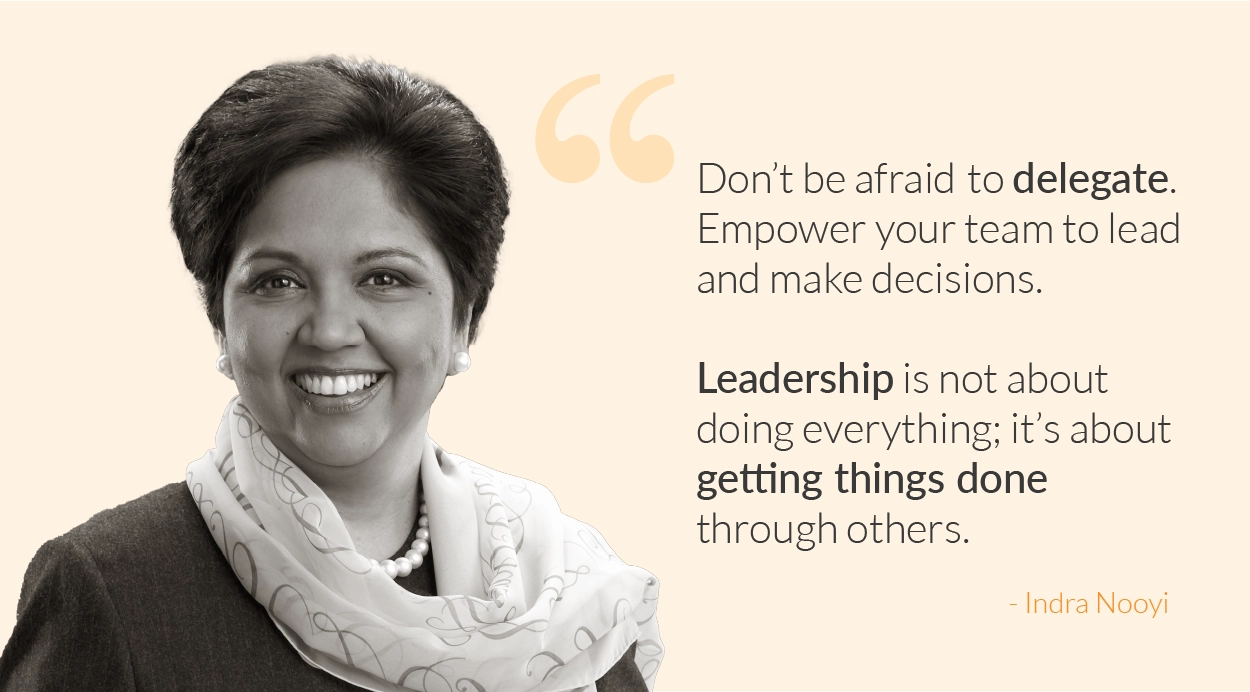
11. Humility
Humility is the quality of being humble and grounded. Humble leaders recognize that they don’t have all the answers and are open to learning from others. They are willing to admit their mistakes and are more focused on the success of the team than on their own personal achievements.
One of the most admired leaders for his humility is Jim Collins, author of "Good to Great." Collins highlights the concept of Level 5 Leadership, where the most effective leaders combine humility with a strong professional will. These leaders are modest, shun the spotlight, and are quick to credit their team for successes while taking personal responsibility for failures.
Humble leaders build strong, collaborative teams where everyone’s voice is heard. They create an environment where people feel comfortable sharing their ideas and are more likely to take risks, knowing that their leader values their input.
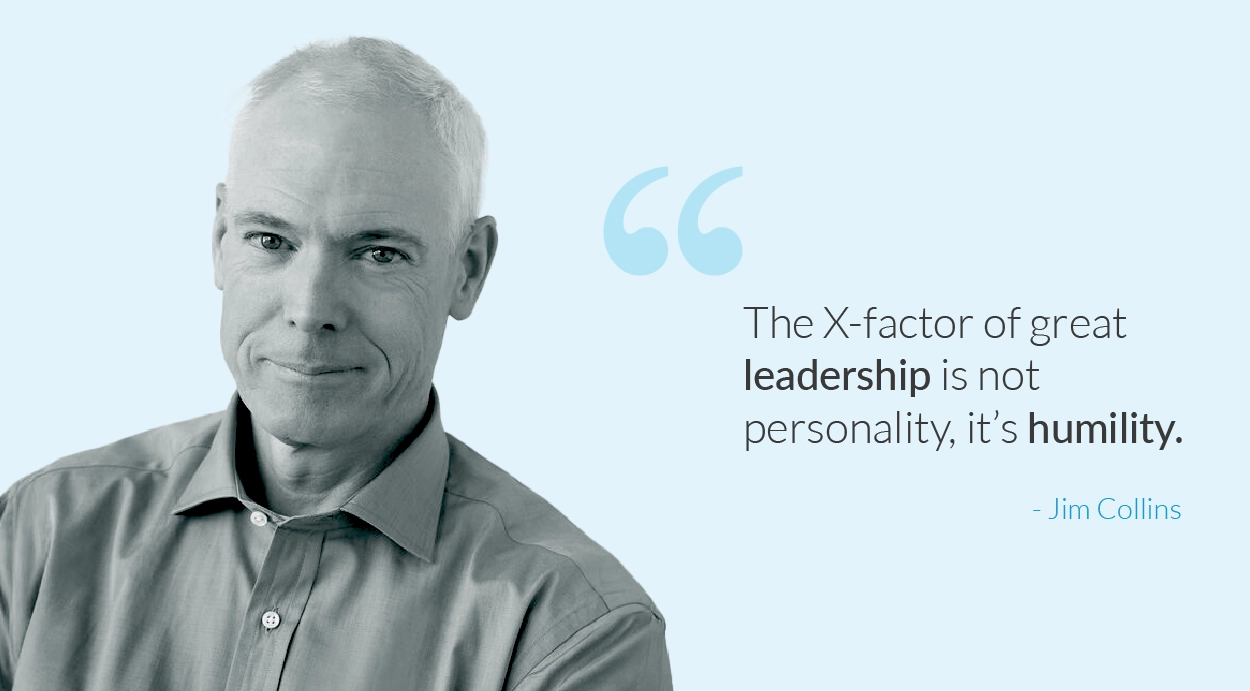
How to develop good leadership qualities?
Developing strong leadership qualities is a continuous journey that involves self-awareness, dedication, and a commitment to growth. To become an effective leader, it’s essential to focus on developing the key leadership qualities that can help you inspire others, achieve organizational goals, and make a lasting impact in your workplace. Here are practical steps to cultivate these qualities:
1. Seek feedback
One of the most important leadership qualities is the ability to seek and utilize feedback. Regularly ask for feedback from your team, peers, and mentors to understand your strengths and areas for improvement. Feedback is a powerful tool for leadership development because it provides measurable insights into how others perceive your leadership skills. By focusing on this feedback, you can improve your leadership skills and develop the characteristics of a good leader.
2. Embrace continuous learning
Leadership qualities can be learned and honed over time. A growth mindset is crucial in your leadership role. Invest in your development by reading books, attending workshops, or enrolling in leadership training programs. Whether you’re aiming to develop your emotional intelligence or improve your communication skills, continuous learning will help you become a better leader. Learning from the experiences of others, especially through a mentor, can also provide valuable perspectives that you can apply to your own leadership journey.
3. Practice empathy
Empathy is one of the essential leadership qualities that make a leader truly exceptional. Practicing empathy involves active listening and showing genuine concern for your team members’ well-being. A leader who can recognize the emotions and needs of others is more likely to foster a supportive and collaborative workplace. This leadership trait is part of being a leader who inspires others and creates a positive environment where everyone feels valued.
4. Be decisive
Decisiveness is a core leadership quality that enables leaders to make quick and confident decisions. In order to become an effective leader, start practicing decisiveness in your daily life. Make decisions quickly, learn from the outcomes, and use those experiences to build the confidence needed for more complex decisions. A leader who can decisively guide their team will be seen as reliable and trustworthy, which are key leadership qualities in any organization.
5. Stay adaptable
Adaptability is an important leadership quality in today’s rapidly changing workplace. Leaders who can adjust their strategies and embrace change are more likely to succeed in their roles. Staying adaptable means being open to new ideas, staying informed about industry trends, and encouraging your team to brainstorm and innovate. Adaptable leaders also foster a culture of continuous improvement, which is essential for organizational success.
6. Lead by example
An exceptional leader leads by example, demonstrating the qualities they want to see in their team. By being honest, accountable, and committed to the organizational goals, you set the standard for your team and influence their behavior. This is part of what makes a good leader stand out—your actions speak louder than words, and your commitment to the organization’s vision will inspire others to follow your lead.
7. Build strong relationships
Building strong relationships is fundamental to impactful leadership. Effective leaders take the time to get to know their team members, build trust, and support their personal and professional development. A leader who invests in relationships creates a loyal and motivated team, which is critical for achieving long-term success. These relationships also help in cultivating a positive outlook within the workplace, making it easier to navigate challenges together.
8. Stay humble
Humility is an essential characteristic of a true leader. Recognizing that leadership is not about being the best but about bringing out the best in others is crucial. A humble leader is open to learning from their team, admits when they’re wrong, and gives credit where it’s due. This leadership trait is vital in creating a culture of collaboration and mutual respect, which are the hallmarks of servant leadership.
By focusing on these strategies, you can develop the leadership qualities that make a difference in your workplace. Remember, strong leaders are not born; they are made through continuous effort, self-awareness, and a commitment to becoming better. Whether you’re just starting in a leadership position or looking to refine your skills, these steps will help you cultivate the qualities of effective leadership that are essential for success in any organization.
Frequently asked questions (FAQ)
1. What is the most important quality in a leader?
While all the qualities listed are important, many experts believe that integrity is the most crucial. Without integrity, it’s difficult to build trust, and without trust, leadership is ineffective. Integrity forms the foundation upon which all other leadership qualities are built.
2. Can leadership qualities be learned, or are they innate?
Leadership qualities can be both learned and innate. Some people may naturally possess certain traits like confidence or empathy, but these qualities can also be developed through experience, training, and self-reflection. Leadership is a journey, and anyone can improve their skills with dedication and practice.
3. How can I measure my effectiveness as a leader?
You can measure your effectiveness by looking at your team’s performance, engagement, and satisfaction. Regularly seek feedback from your team and adjust your approach as needed. Effective leaders are constantly evaluating and improving their leadership style.
4. Why is humility important in leadership?
Humility is important because it allows leaders to stay grounded, learn from others, and build strong, collaborative teams. Humble leaders are more likely to listen to their team, consider different perspectives, and make better decisions as a result. Humility fosters an environment where everyone feels valued and respected.
5. How can I inspire my team?
You can inspire your team by setting a clear vision, leading by example, and recognizing their efforts. Show passion and enthusiasm for the work, and create a positive work environment where people feel motivated to contribute. Inspirational leaders make their team feel that their work has meaning and that they are part of something greater.
Enhancing leadership qualities through effective presentation skills with Prezent
Effective communication and presentation skills are critical components of impactful leadership. A leader's ability to present ideas clearly and persuasively can inspire confidence, influence decisions, and rally support within an organization. Whether you’re delivering a strategic plan to stakeholders or motivating your team, strong presentation skills can set you apart as a leader.
Why do presentation skills matter in leadership?
Presentation ideas and skills are a reflection of your leadership capabilities. Great leaders are also great communicators, capable of articulating their vision, strategies, and goals in a way that resonates with their audience. This ability is not only about delivering information but about engaging your audience, addressing their concerns, and aligning your message with their expectations.
For instance, consider a leader who must present a new strategic direction to their organization. If they can effectively communicate the rationale behind this strategy, anticipate questions, and respond confidently, they are more likely to gain the trust and support of their team. This is where advanced tools like Prezent.ai can play a crucial role.
How does Prezent enhance leadership presentations?
Prezent is a comprehensive platform designed to empower leaders with the features they need to create impactful, on-brand presentations quickly and efficiently. Here’s how Prezent can support your leadership journey:
Prezent's Story Builder offers over 1,000 expert-curated storylines, enabling leaders to craft structured, coherent presentations. Combined with the Slide Library, which includes over 35,000 customizable slides, leaders can save time while ensuring brand consistency.
The Auto Generator feature allows for quick creation of personalized, brand-compliant slides based on text prompts. The Template Converter ensures all slides adhere to brand guidelines, simplifying the process of maintaining visual consistency.
With Synthesis, large volume of decks can be converted into concise, brand-aligned executive summaries, saving a lot of time which can be utilized for other important tasks.
Powered by ASTRID AI, Prezent offers features like audience empathy analysis and structured storytelling, ensuring presentations are both relevant and impactful.
Try out these features yourself with Prezent's free trial account or experience a live demo with our experts at your suitable time.



.avif)


